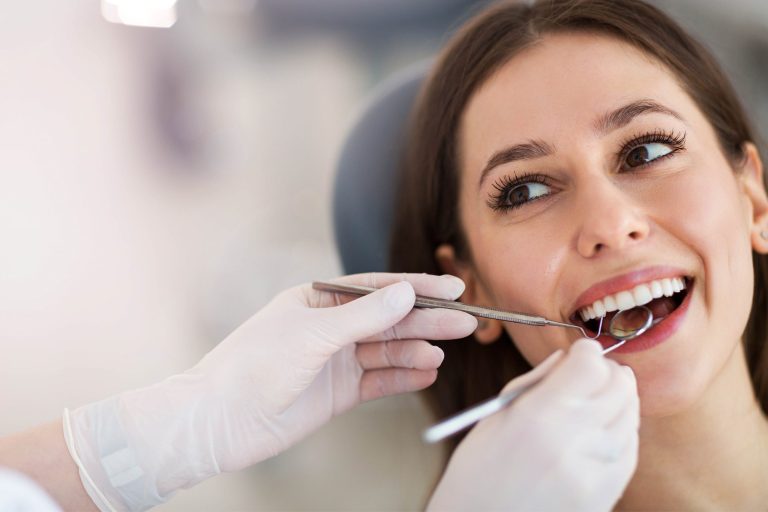Taking care of your teeth and gums is a crucial part of maintaining your overall health and vitality. Proper oral hygiene entails two daily brushes, no sugary foods or drinks, lots of water, flossing, and visits to the dentist. When you floss once a day, you reduce your risk of cavities and protect your gums from infection.
It’s easy to let your oral hygiene slip, but that could lead to more trips to the dentist in Tukwila, WA, in the long run. The health advantages of flossing extend far beyond the mouth. Here are the top five reasons why you should always floss your teeth and gums.
Plaque can be removed by flossing.
Plaque is a thin layer of bacteria and sugars that builds up on your teeth and gums. Plaque is harmful to your teeth despite being odorless and nearly invisible. A sticky film is formed in your mouth when the many bacteria that live there join forces with food and drink remnants.

To put it another way, if you don’t floss your teeth, the bacteria, acids, and carbs that result from the bacterium’s breakdown of carbs will all combine to form plaque. Plaque lingers on teeth and erodes enamel, which eventually leads to cavities. Tartar, the hardened form of plaque, can also accumulate and lead to disorders of the gums. By removing plaque and tartar and preventing their formation, regular brushing and flossing can help keep your gums and teeth healthy and disease-free.
By flossing daily, gum disease can be avoided.
Inflammation of the gums caused by plaque and tartar buildup is known as gingivitis. There is now evidence of gum disease in its preliminary stages. Irritation of the gums is known as gingivitis. Inflamed gums are more sensitive than normal and bleed more easily when you floss or clean your teeth. Gingivitis can advance to periodontitis if not treated. A periodontitis infection causes receding gums, which exposes the tooth roots. Bone loss means your teeth will eventually fall out. If periodontitis isn’t treated, it can lead to systemic infection.
If you want fresh breath, floss daily.
While regular tooth brushing is a great first defense against bad breath, it’s not always enough. Some food particles may get stuck between your teeth and can only be removed by flossing. Nothing beats flossing for a more thorough cleaning, especially along the gum line where germs like to lurk and produce chronic foul breath.

















